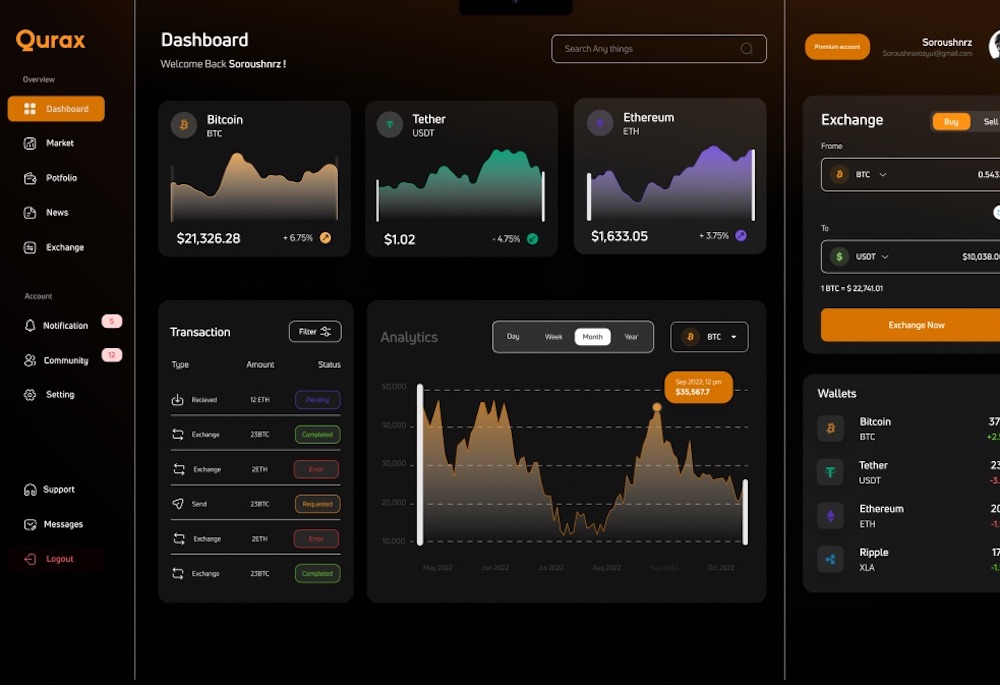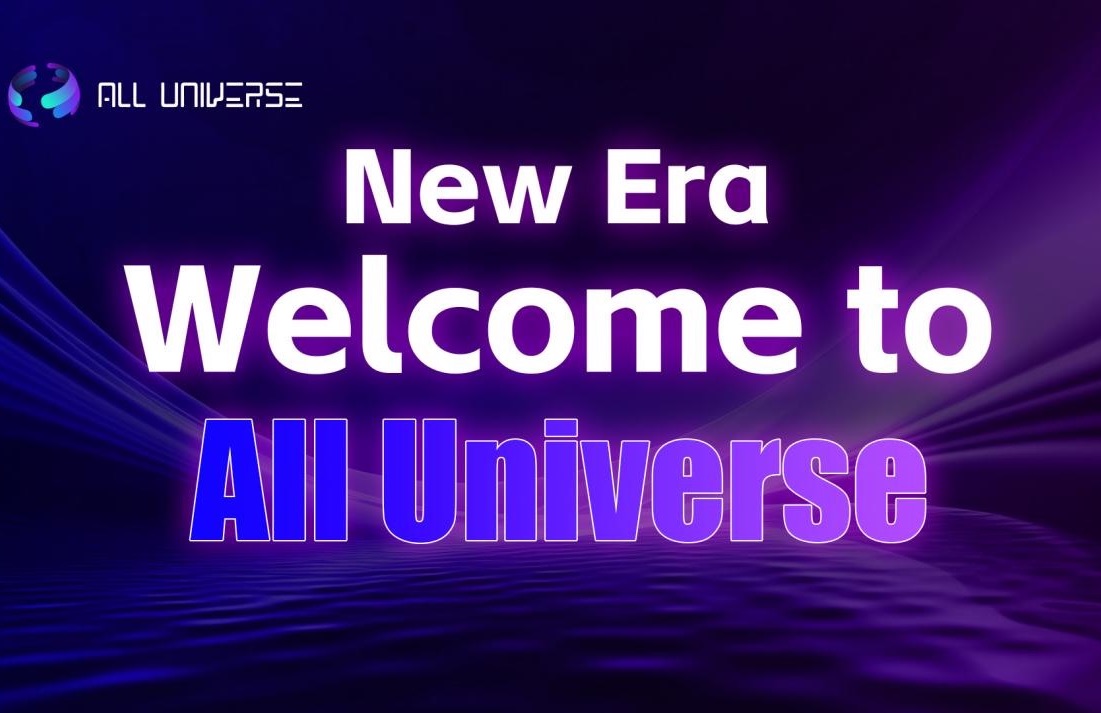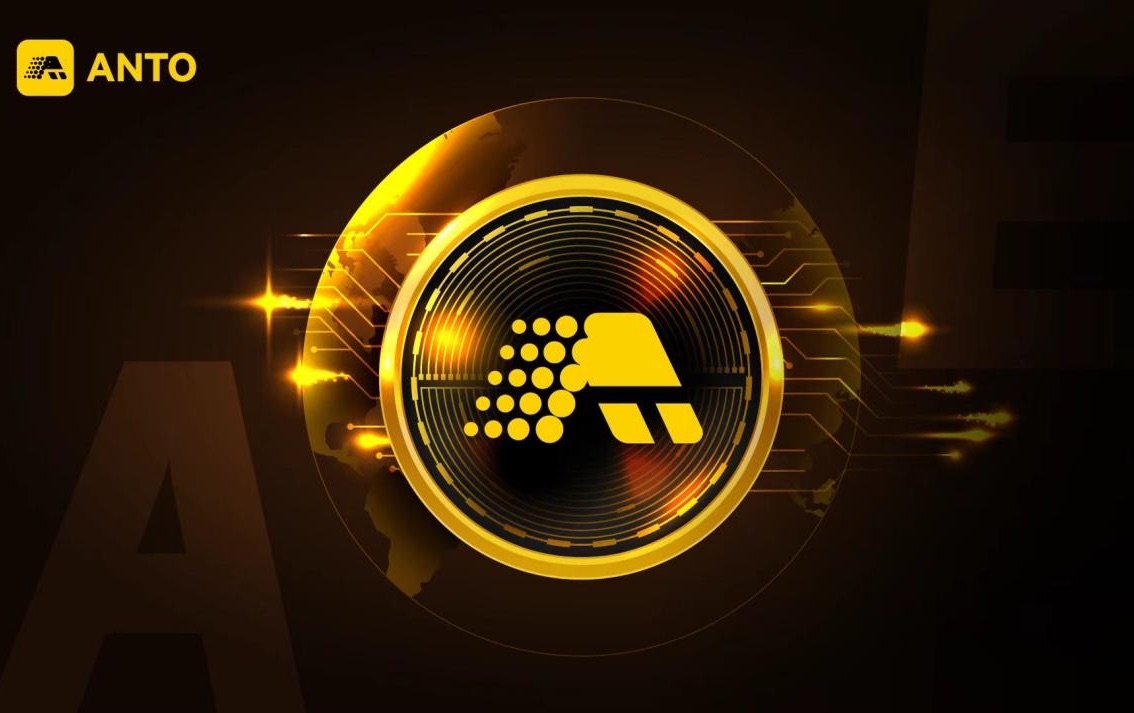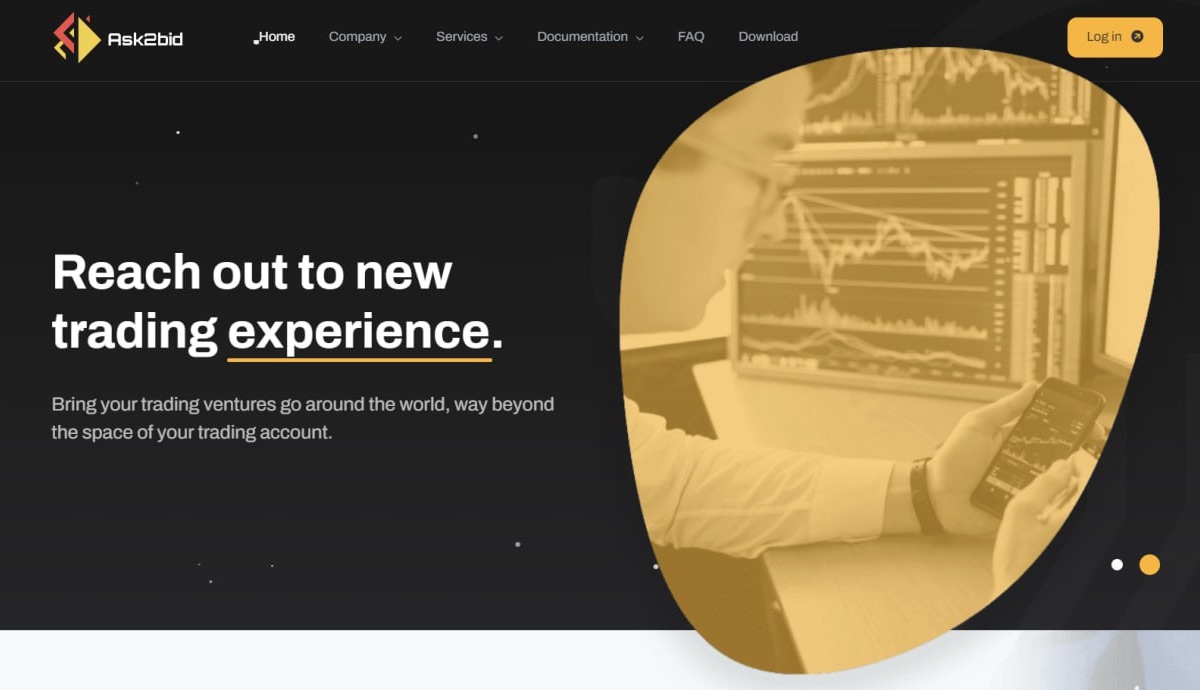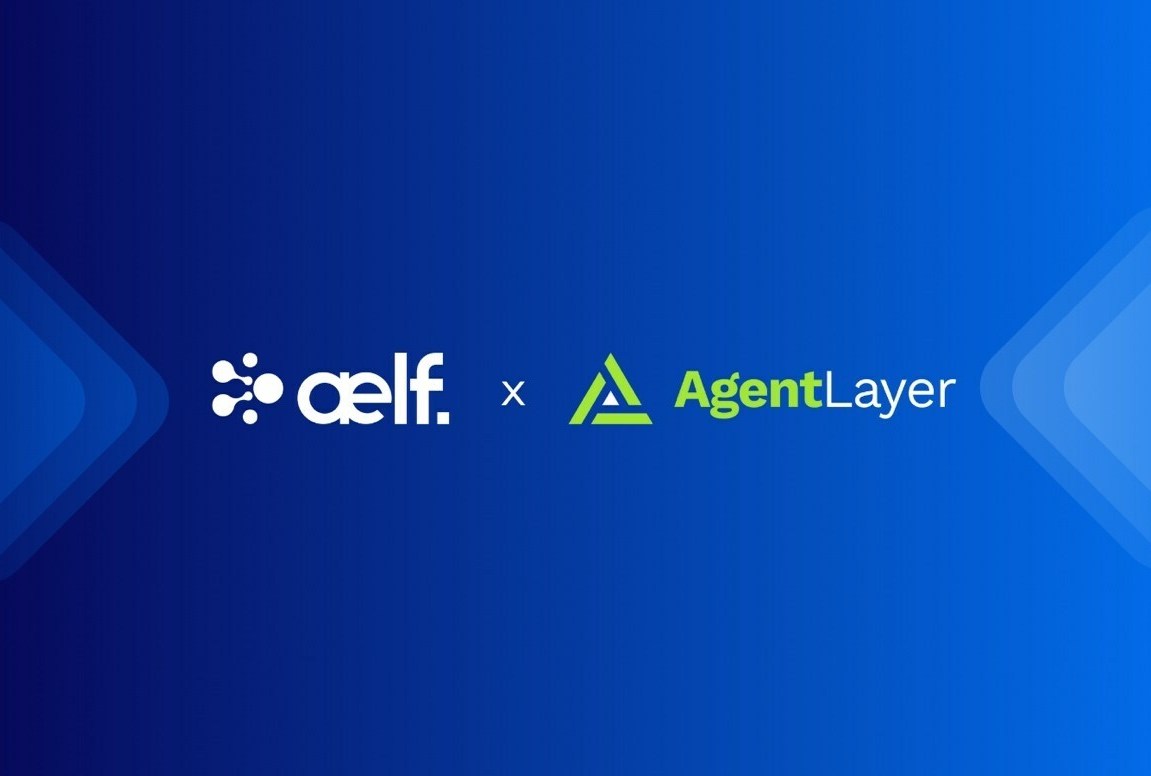The worst thing you can call a cryptocurrency project isn’t a “scam” or a “Ponzi scheme” — although many have been called that. It’s a “security.”
By casting digital assets in with stocks and bonds, the more stringent rules governing those traditional asset classes will be applied to cryptos. For proof of what that can mean for the nascent market, look no further than Basis, a high-profile project that is closing just eight months after raising $133 million from the likes of Andreessen Horowitz, Bain Capital Ventures and Stanley Druckenmiller.
Basis, which created a digital asset known as a “stable coin” that’s intended to have minimal volatility, will return capital to its investors, Chief Executive Officer Nader Al-Naji said in a statement on Thursday. The Hoboken, New Jersey-based company’s lawyers concluded that secondary tokens it created to help ensure the stability of its stable coin would be designated securities by regulators, which in turn would reduce the number of potential buyers and jeopardize Basis’s success, said Al-Naji.
“The major trigger was realizing there really wouldn’t be a way to escape security classification for our token,” Al-Naji said in a phone interview. “That was a very negative finding.”
While the concept of a low-volatility cryptocurrency has been around since at least 2014, stable coins have been one of the hottest areas for crypto entrepreneurs in the past year, with as many as 120 projects in development. A number of the projects, including Basis, Carbon, MakerDAO and Reserve, also feature equity-like secondary tokens that appreciate when usage of the underlying stable coins increases.
Basis planned to maintain stability by incentivizing traders to buy and sell its stable coin in response to changes in demand. This would be achieved by algorithmically adjusting supply of its stable coin via a complex model using three tokens.
In addition to the actual stable coin, a so-called bond token was to be auctioned off whenever supply needed to be contracted, with each entitling its owner to one stable coin at a certain future time. The third, a so-called share token, was to offer dividends when demand grows.
The bond and share tokens would be considered unregistered securities and transfer restrictions would apply, meaning only accredited investors could buy them, Al-Naji said. Limiting the number of possible token holders would reduce liquidity and endanger the proper functioning of the stability mechanism, he said.
While U.S. Securities and Exchange Commission officials have previously signaled they don’t consider Bitcoin or Ethereum to be securities, they have said that many tokens issued as part of initial coin offerings could be considered securities. Regulating cryptocurrencies as securities would restrict the list of eligible buyers and entail certain disclosure requirements.
“The current way in which regulators are viewing how securities regulation applies to tokens is generally onerous for anyone trying to build a decentralized network,” said Al-Naji. “At its core the decentralized nature of most cryptos is fundamentally incompatible with them being securities.”
A collapse in crypto values this year — Bitcoin has lost about 80 percent, with other tokens losing even more — is causing a washout across the industry. The plunge is weighing on the software-development community, forcing start-ups to lay off staff or close their doors for good.
The rout, which was preceded by a staggering rally in 2017, has drawn increased scrutiny from regulators. In considering how to govern the market, policy makers should not assume existing rules and categorizations can be easily superimposed on to digital assets, according to Gregory Klumov, chief executive officer and founder of stable coin project Stasis.
“In order to allow the digital asset market to develop to everyone’s benefit, regulators need to give companies some wiggle room,”said Klumov. “This will require a new set of regulations designed specifically for digital assets.”
If a token is classified as a security, its issuer, which will most likely be the developer of the network, would be responsible for implementing transfer restrictions. In practice that means limiting distribution to accredited investors in the U.S. and carrying out suitability checks on overseas buyers, a practice at odds with the idea of a decentralized network, said Al-Naji.
Basis’s closure could impact some other stable coin projects, according to Nevin Freeman, CEO of rival project Reserve. So long as projects don’t need to use security-like tokens to buy up stable coins to maintain stability, they will not have the same liquidity issues, he said. Even if Reserve or its associated tokens are classified as a security, the business is unlikely to be affected because it was set up to avoid such liquidity problems, Freeman said.











